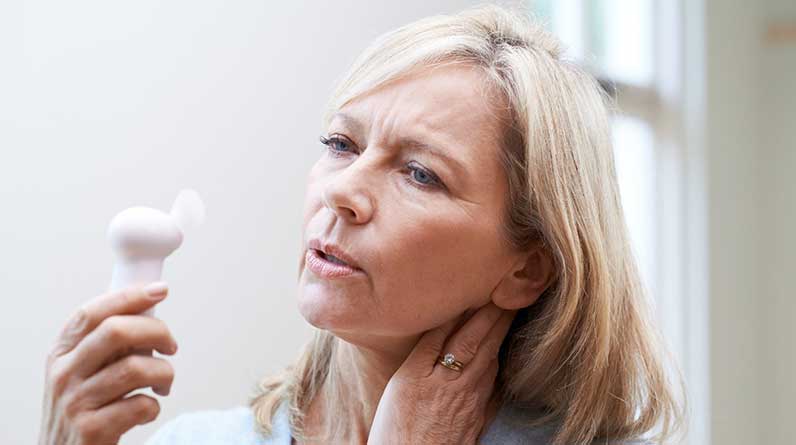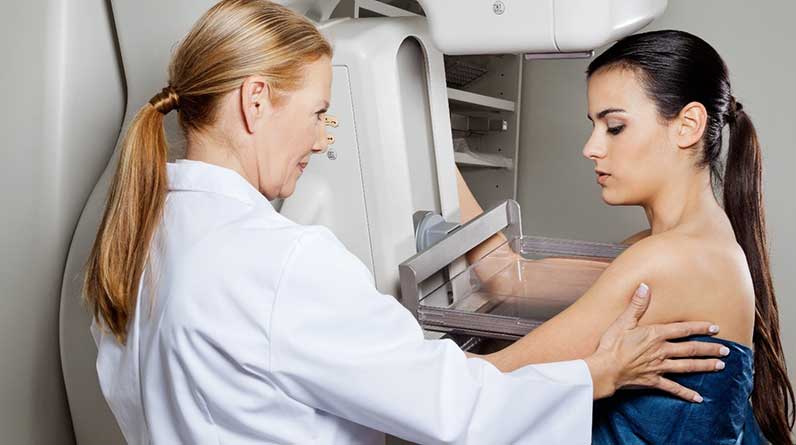
Polycystic Ovarian Syndrome: Symptoms, Complications, and Treatment
Polycystic ovarian syndrome (PCOS) is a women’s health condition that causes hormonal alterations in the body as well as many metabolic issues.
Although its root cause is not yet known, it can be attributed to three primary irregularities:
- hyperandrogenism (high levels of androgens, such as testosterone)
- ovulatory dysfunction and irregular menstruation
- polycystic ovaries (ovaries comprised of many tiny follicles secondary to hormonal imbalance and lack of ovulation)
PCOS is the most common endocrine disorder in women of reproductive age, and it is a condition that has one of the highest correlation rates for female infertility. According to the CDC, nearly 5 million women in the US alone are affected by PCOS, the majority being of childbearing age.
Not only does it cause female hormonal health issues, but it often leads to diabetes and obesity, and associated insulin resistance which worsens these complications.
PCOS has also been correlated with the development of heart disease and sleep apnea.
Hyperandrogenism often causes hirsutism, which is the development of hair growth in areas on the face, chest, and lower abdomen similar to a male pattern distribution. It can also lead to acne and sometimes hair loss in certain regions of the body.
Common Symptoms of PCOS
The symptoms of PCOS will manifest during the female reproductive ages of 15-44, and the symptoms can vary from person to person.
The following are the most common symptoms of polycystic ovarian syndrome:
• Ovulatory dysfunction/Irregular periods
• Excessive menstrual bleeding
• Unusual hair growth on face and body
• Unexpected weight gain
• Oily skin and breakouts of acne
• Infertility (Trouble becoming pregnant)
• Hyperpigmentation of the skin in the axillary region and back of the neck
Women who have these signs and symptoms should present to their gynecologist for testing and evaluation. It’s best to see an OB/GYN or endocrinologist because these symptoms can occasionally be seen in other conditions, such as hormone-secreting tumors or other endocrine disorders.
Complications of PCOS
The condition of PCOS can be more difficult to diagnose due to its diverse presentation, which can lead to a delay in diagnosis. Therefore, it’s important for women to seek evaluation early in the onset of any symptoms of this condition.
If not treated properly and timely, PCOS has the risk of further development of subsequent serious health issues unrelated to female reproductive problems.
In addition to the symptoms directly related to the condition, such as irregular menstruation and infertility, the following are some complications that have been highly correlated with Polycystic Ovarian Syndrome:
- Diabetes
- Sleeping Disorders
- Depression and Anxiety
- Heart Disease
- High Blood Pressure
- Stroke
- Uterine Cancer (cancer of the uterine lining)
PCOS can lead to metabolic syndrome, which leads to multiple systemic disorders. These conditions will require multiple medical specialists to diagnose and manage them properly.
Most Effective Treatments for PCOS
While several effective treatment protocols are available for PCOS, the obvious first treatment recommendation is lifestyle and dietary changes. These changes will help other treatments for the condition to be more effective. Efforts in achieving stress reduction, weight loss, improved nutrition, and reduction of vitamin deficiency will help to achieve better overall body homeostasis.
Subsequent evaluation and testing by a gynecologist will determine the diagnosis, and then treatment protocols can be determined. The most effective treatment option is oral contraceptives.
The following are the most effective treatments for Polycystic Ovarian Syndrome:
- Birth Control Pills (hormonal regulation)
- Progestin Therapy or Progestin-releasing IUD (menstrual regulation)
- Spironolactone (to reduce excessive hair growth and acne)
The reason that contraceptive medications are so effective is that it inhibits androgen production, the primary contributor of PCOS. It also helps regulate and optimize estrogen levels.
An important consideration in the treatment of PCOS with oral contraceptives is the risk of the development of blood clots that is associated with oral contraceptives. The risk is higher in patients with a high body mass index (BMI), and the alternative of treating with Progestin-only can be considered in these cases.
Spironolactone can be considered to manage hirsutism in patients who are not pursuing pregnancy.
In the case of infertility, the medications clomiphene and letrozole have been utilized to achieve improved ovulation, and the research has been more favorable for letrozole, although it has not been approved by the FDA.
Since the common treatments for PCOS include medications that have particular risks and side effects, it’s best to discuss all of these issues with an OB-GYN to obtain the best advice and guidance.
Final Thoughts
PCOS can be quite difficult for many women due to the associated signs and symptoms. Yet, it’s important to know that OB-GYN’s can utilize many treatments to help women relieve many of the associated problems with the condition.
With guidance from a health care professional, individuals with PCOS can have significant improvement of their symptoms and reduce their risk of other chronic diseases. Lifestyle changes by the individual with PCOS remain an important aspect of successful management.





